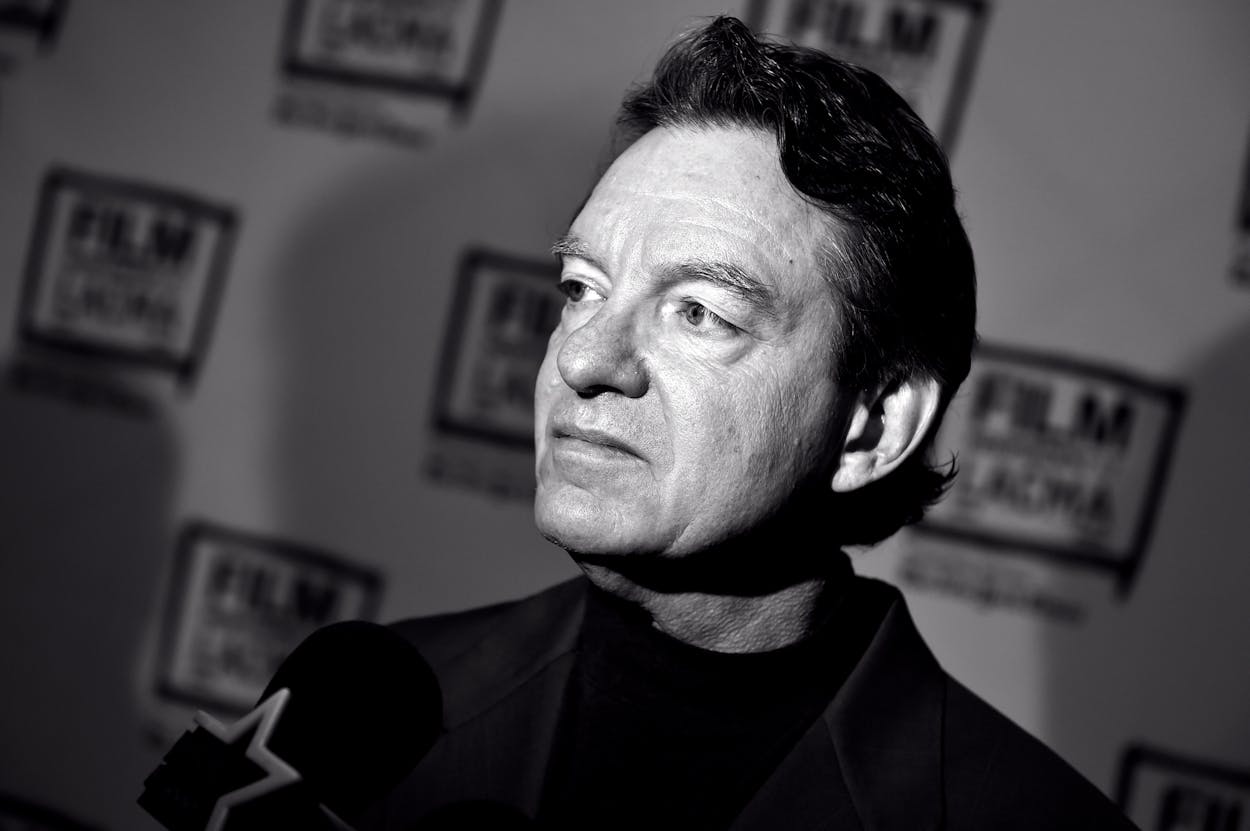Most Texans remember that Matthew McConaughey was arrested for playing bongos in the nude, but few remember it firsthand, as New Yorker staff writer Lawrence Wright does. As those of us in the audience for Wright’s Friday SXSW panel learned, the legendary journalist and screenwriter was once a neighbor of the actor, and woke in the wee hours one morning to find a forlorn McConaughey in the back of a squad car. “I drew some life lessons from Matthew when he lived across the street,” Wright told the audience and panel moderator Jonathan Tilove. “I was hungry for money and fame at the time, and here was this guy who had both, and he just wanted to partake in normal life.” Leave it to a Pulitzer Prize–winning man of letters to turn what some people saw as a punch line into a poignant story about the unrealistic expectations we hold for ourselves and the lessons that come from the most unexpected people.
At the Q&A with Tilove, chief political writer at the Austin-American Statesman, Wright showed his strengths as a masterful storyteller. Seemingly softball questions like “Why do you still live in Texas?” would inspire detailed narratives about late nights in Gruene with George Strait, Asleep at the Wheel, and old roadside diners where you could order steaks by the inch. More than a few of his answers would begin with “I was talking to ____,” with the blanks filled by anyone from Karl Rove to David Remnick to Alex Jones.
In light of Wright’s upcoming book, God Save Texas: A Journey Into the Soul of the Lone Star State, the discussion focused mostly on how much his home state has changed and where it’s headed. Wright pointed out that Texas’s population is expected to double by 2050, adding that “the political consequences of that are really quite striking.” He repeated the old Wendy Davis adage that “Texas isn’t a red state, it’s a nonvoting state,” pointing out that “if people voted in a way that reflected the demography of the state, it’d be bluer than California,” which would make it “difficult to imagine how a Republican party would elect a president for a long time.” With Texas home to three of the ten biggest cities in the nation, including Houston, the most diverse city in America, the state’s purpling seems a distinct possibility to Wright, although he remains skeptical that current Democratic would-be savior Beto O’Rourke will be successful in his long-shot bid to unseat Senator Ted Cruz. “Beto’s an interesting character, but he’s got two things against him. One, he’s a Democrat. Two, he’s from El Paso,” said Wright. “But Beto’s young. He’s hip. He was in a punk rock band. Whether or not the punk rockers will get out the vote, I don’t know.”
Wright expects to see a lot of change for Texans in the years to come, but he’s already seen a lot of change in the state after moving back here almost forty years ago, when there were still unpaved roads in downtown Austin. (“I don’t lament the loss of the caliche roads, though I do get nostalgic for the little college town I moved to,” Wright said to a ballroom full of lanyard-wearing out-of-towners.) But Wright seems ready for the change, and not too worried that the state he loves will lose the qualities that drew him to it. When asked by an audience member, “If you could design Texas from scratch, what would be the outcome?” Wright said he wouldn’t really make any changes. “I adore Texas, even with all of its problems. Despite myself, I enjoy the tension.”








